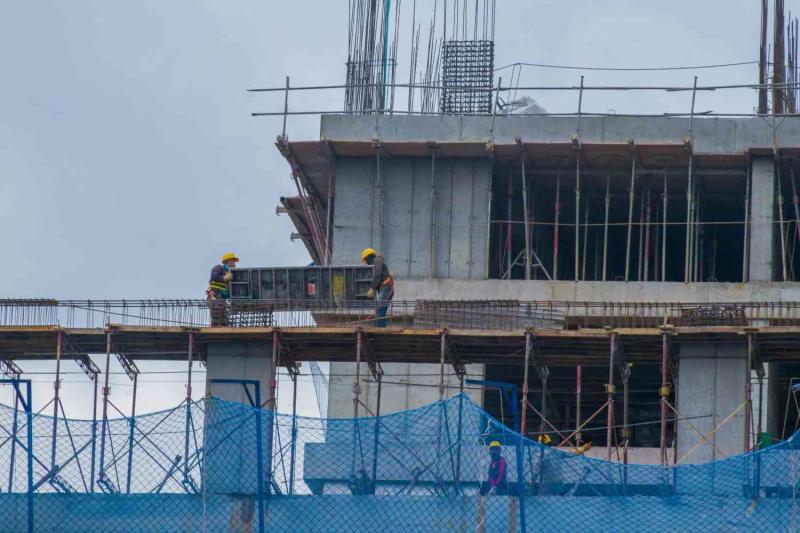Ensuring Safety with Personnel Fall Protection Netting

In industries where employees work at heights, fall protection is essential to prevent accidents and injuries. Personnel fall protection netting is a crucial safety measure in construction, maintenance, and industrial environments. It provides an additional layer of protection by catching workers in case of a fall.
This netting is an integral component of a comprehensive fall protection system, enhancing workplace safety and reducing the risk of severe injury. Here’s a closer look at how personnel fall protection netting works and its importance in safeguarding employees.
The Purpose and Design of Fall Protection Netting
Fall protection netting is designed to catch and support a worker who falls, minimizing the distance and impact of the fall. Made from durable, high-strength materials, these nets are engineered to withstand significant force, protecting employees from falls of various heights. This netting is typically installed in locations where other fall prevention methods, like guardrails or harnesses, may be impractical or insufficient.
The netting system often includes multiple layers, with strong anchor points carefully tested to ensure stability. Its durability and flexibility make it ideal for environments where workspaces are elevated and open, such as construction sites, bridges, or scaffolding setups. The netting absorbs the energy of a fall, reducing the likelihood of injury and providing peace of mind for both workers and employers.
Situations Requiring Fall Protection Netting
In certain high-risk environments, regulations require the use of fall protection systems, including personnel netting, to safeguard employees. Construction projects, particularly multi-story buildings, benefit from fall protection netting because it catches workers before they hit the ground. This protection is especially valuable during the assembly or disassembly of scaffolding and in locations where large equipment and materials are being moved.
Industrial maintenance work also requires fall protection netting, especially in settings like power plants or factories where elevated platforms and catwalks are common. Additionally, netting may be used in sports venues, theaters, or other large venues during maintenance work on lighting rigs or high structures. In each case, the netting provides a barrier against potentially fatal accidents, helping companies meet regulatory standards and prioritize the welfare of their personnel.
Benefits of Using Personnel Fall Protection Netting
Personnel fall protection netting offers several advantages, making it a preferred safety solution in many industries. One of the main benefits is that it allows workers more freedom of movement compared to other fall arrest systems, such as harnesses, which can restrict mobility. This increased range of motion can enhance productivity without compromising safety, particularly in environments where workers need to shift positions frequently.
Another advantage of fall protection netting is that it can be installed to cover large areas, providing collective protection for multiple workers at once. This feature is valuable on construction sites or industrial projects, where several employees may work simultaneously on elevated surfaces. Additionally, the netting’s robust construction ensures longevity and durability, making it a cost-effective investment over time.
Prioritizing Worker Safety with Fall Protection Measures
Personnel fall protection netting is a vital aspect of workplace safety in high-risk environments, providing a reliable way to protect workers from potentially deadly falls. By investing in quality netting and adhering to proper installation and maintenance procedures, companies can create a safer work environment and comply with industry regulations. Fall protection measures like these not only protect employees, but also promote a culture of safety, where the well-being of workers is a top priority.
Post Your Ad Here

Comments (1)
VICKYPAUL4
HEALTHY ME
i really appreciate your post on safety first